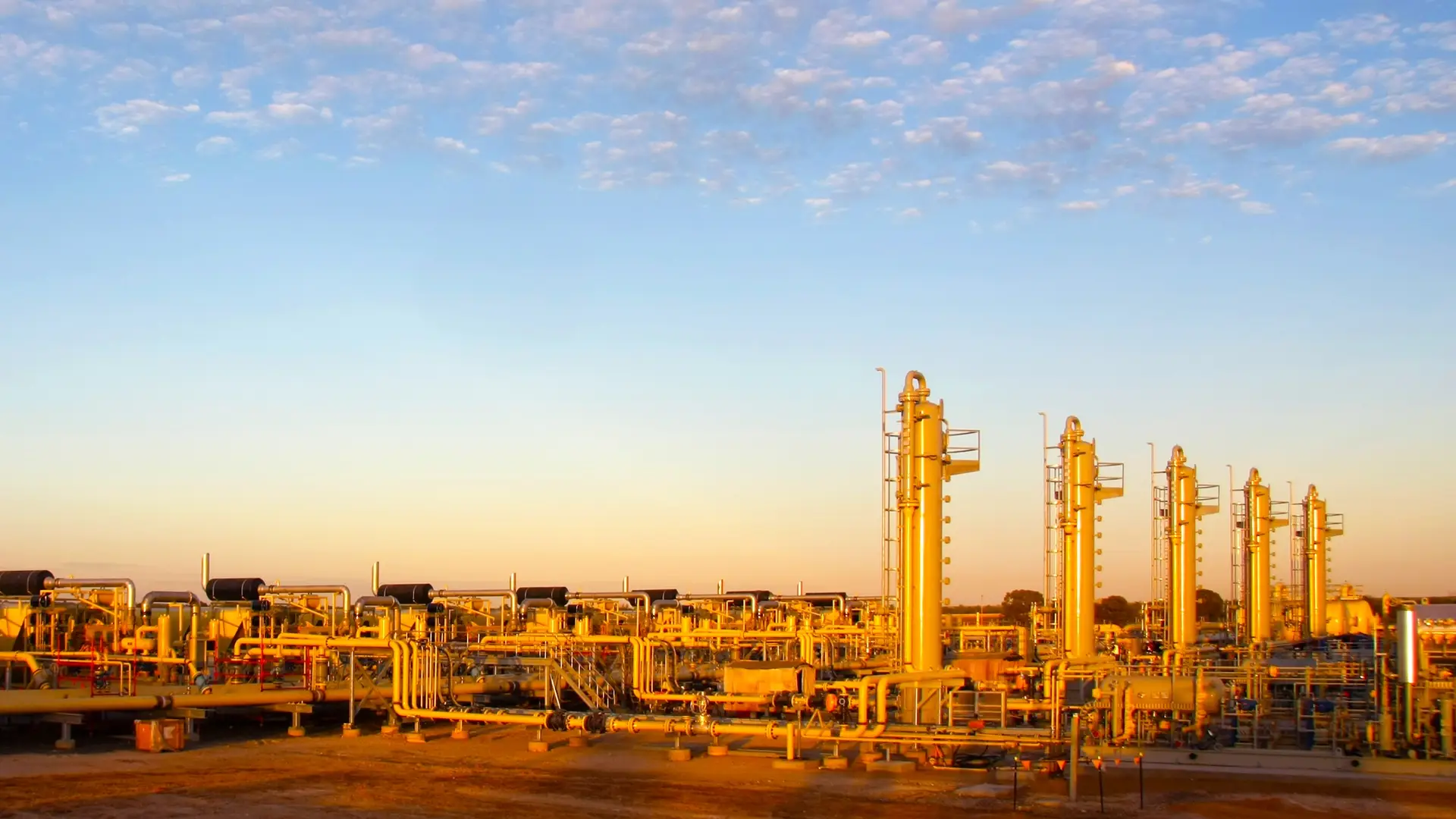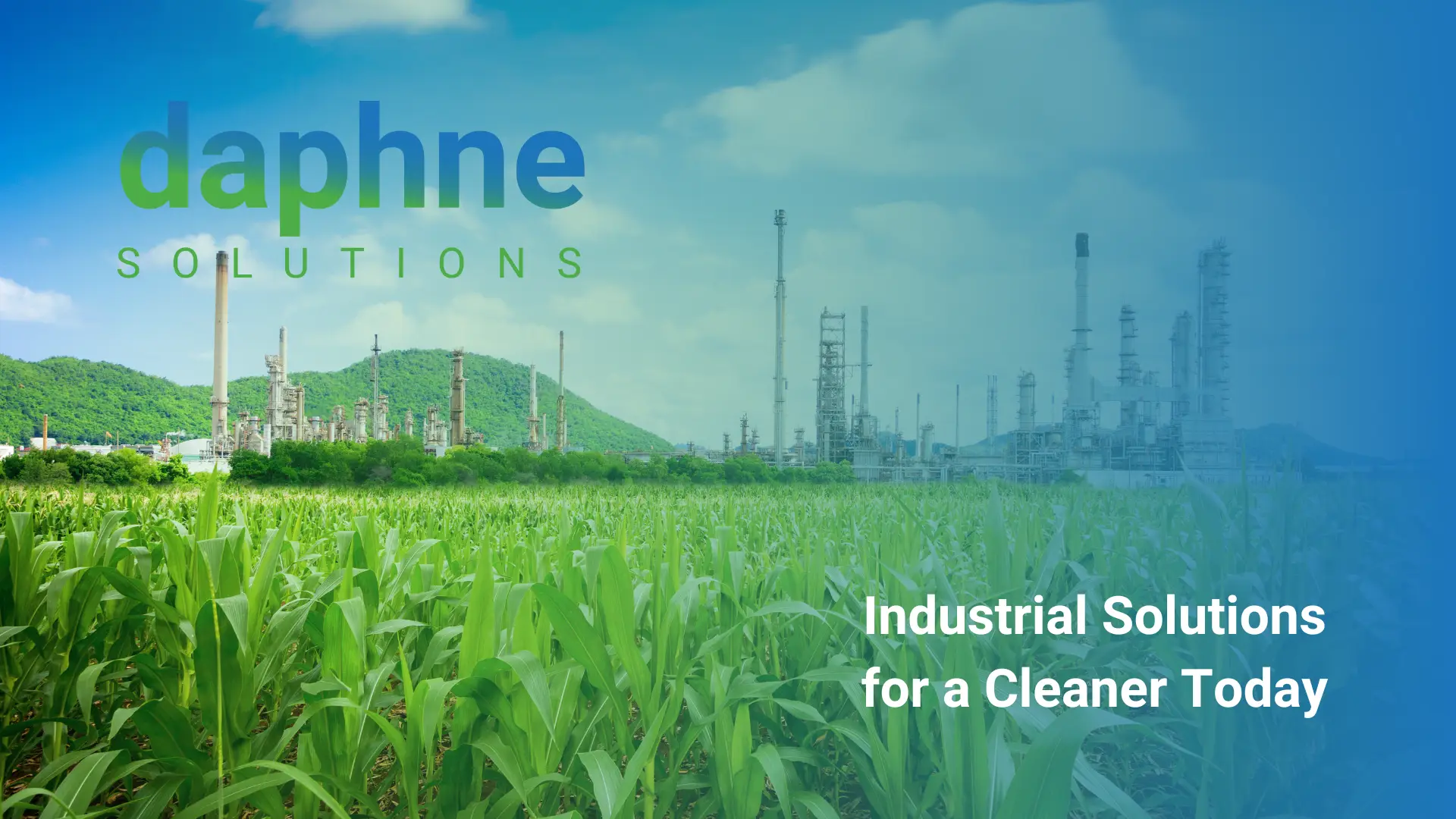We are excited to introduce you to the team behind Daphne Technology. Today, we are spotlighting Dimitris Kampanis, Head of Sales and Business Development. Dimitris is steering the sales strategies for our sustainable solutions.
Dimitris Kampanis’ journey in the maritime industry spans over two decades, with integral roles in various shipping companies, Classification Societies (ABS, BV) and lastly, as a Business Development Manager for Alfa Laval. With a rich background in maritime operations and business development, Dimitris has navigated various roles worldwide, from ship management and operations, to new construction and ship repair, classification, sales, and business development. His passion for driving change and sustainability in the industry led him to join Daphne Technology, where he is pioneering innovative climate tech solutions for the maritime industry.
Name: Dimitris Kampanis
Job title: Head of Sales and Business Development
Location: Switzerland
Q&A with Dimitris Kampanis
1. What drove you to join Daphne Technology, and how does your background align with the company’s mission?
My background in technical management and business development within the maritime industry, coupled with my passion for sustainability, led me to Daphne Technology. Having worked across various sectors of the maritime industry, I recognise an urgent need for innovative solutions to achieve the decarbonisation targets set for our industry. Daphne’s mission to develop and scale technologies for measuring and reducing industrial GHG emissions globally inspired me deeply. This position gives me the chance to leverage my experience to drive meaningful change towards a more sustainable future.
“In my 20 years in the maritime industry, I’ve witnessed the pressing need for sustainable solutions. Joining Daphne Technology allows me to combine my expertise with my passion for environmental sustainability”, Dimitris shares.
2. Can you outline Daphne Technology’s strategy for commercialising climate tech solutions in the maritime sector?
Our strategy centres around spreading awareness, establishing a market presence through targeted outreach and strategic partnerships, and driving widespread adoption. We prioritise educating key stakeholders in the maritime sector about methane abatement as well as the urgency of direct and accurate GHG emission measurement. By forging strategic partnerships with industry leaders, we aim to accelerate the adoption of our solutions and make a meaningful impact on better understanding ship operations and their effects on our environment.
3. What are the key strategies for growing a climate tech company in hard-to-decarbonise industries, and how does Daphne plan to implement these strategies?
Looking ahead, key strategies include building a strong and collaborative sales and business development team, investing in continuous training and development programs, and developing a strategic roadmap aligned with the company’s goals. At Daphne, we’re committed to fostering a culture of innovation and collaboration, ensuring we have the right talent and resources to drive sustainable growth. By staying attuned to client needs and market trends, we will adapt our strategies to meet evolving challenges and opportunities in hard-to-decarbonise industries.
4. How does Daphne Technology plan to establish and maintain strong connections with clients, and what role do partnerships play in this process?
We plan to establish strong connections with clients by prioritising open communication, transparency, and responsiveness. By offering ongoing support and actively seeking feedback, we’ll ensure our clients remain engaged with our environmental solutions. Partnerships play a crucial role in this process, allowing us to leverage complementary expertise, access new markets, and drive innovation. Through strategic partnerships with industry leaders and research institutions, we’ll expand our reach and deliver greater value to our clients.
5. What significant market challenges do you anticipate for GHG reduction technologies, and how does Daphne intend to overcome these challenges?
Anticipated challenges in the market for GHG reduction technologies include uncertainty in the regulatory landscape, high initial costs, the “green premium”, but also the resistance of our industry to change. Methane slip reduction solutions in maritime operations are currently affected by the lack of clear regulations. As such we are called to navigate a complex decision-making process within shipping and shipbuilding.
To tackle these challenges, Daphne Technology focuses on raising awareness, offering flexible financing options, and working closely with industry partners to drive action. We aim to overcome obstacles, and speed up the shift to a more sustainable future by highlighting the long-term benefits of GHG reduction and accurate monitoring technologies, while promoting innovation.
In the maritime industry, there’s uncertainty about when and how regulations on methane slip emissions will be implemented. This makes stakeholders hesitant to try new solutions. We understand, however, the importance of making informed decisions that balance compliance, proven technologies, and business needs. We aim to demonstrate the real need for innovative solutions while prioritising safety, compliance, and efficiency.
6. Given the increase in methane emissions in the maritime industry, how does Daphne Technology stand out in addressing this issue effectively?
Daphne Technology stands out by offering innovative solutions like PureMetrics™ for real-time GHG measurement and optimisation. Our real-time measurement capabilities allow for accurate emissions monitoring, enabling better understanding of the effects of ship operations, but also proactive decision-making to reduce their environmental impact. Additionally, our methane abatement exhaust system, SlipPure™, addresses the methane slip problem at its root, providing a cost-effective and efficient solution for reducing emissions in the maritime sector.
By addressing these challenges directly and providing practical solutions, Daphne Technology aims to drive meaningful change and support the maritime industry’s journey toward sustainability.
7. What is your long-term vision for business development at Daphne Technology, and how does this vision align with the global effort to combat climate change?
Our long-term vision is to establish Daphne Technology as a global leader in climate tech solutions for hard-to-decarbonise industries. This vision aligns with the global effort to combat climate change by providing innovative and sustainable solutions that enable industries to reduce their environmental footprint while maintaining competitiveness and profitability. By driving innovation, fostering collaboration, and delivering impactful solutions, we’ll contribute to a more sustainable future for generations to come.
“I firmly believe that we have a societal responsibility to prioritise environmental sustainability in our industries and that we can make a difference through collaboration and innovation. I passionately communicate this message, strive to spread awareness, and motivate others to take action towards decarbonisation”, Dimitris concludes.






